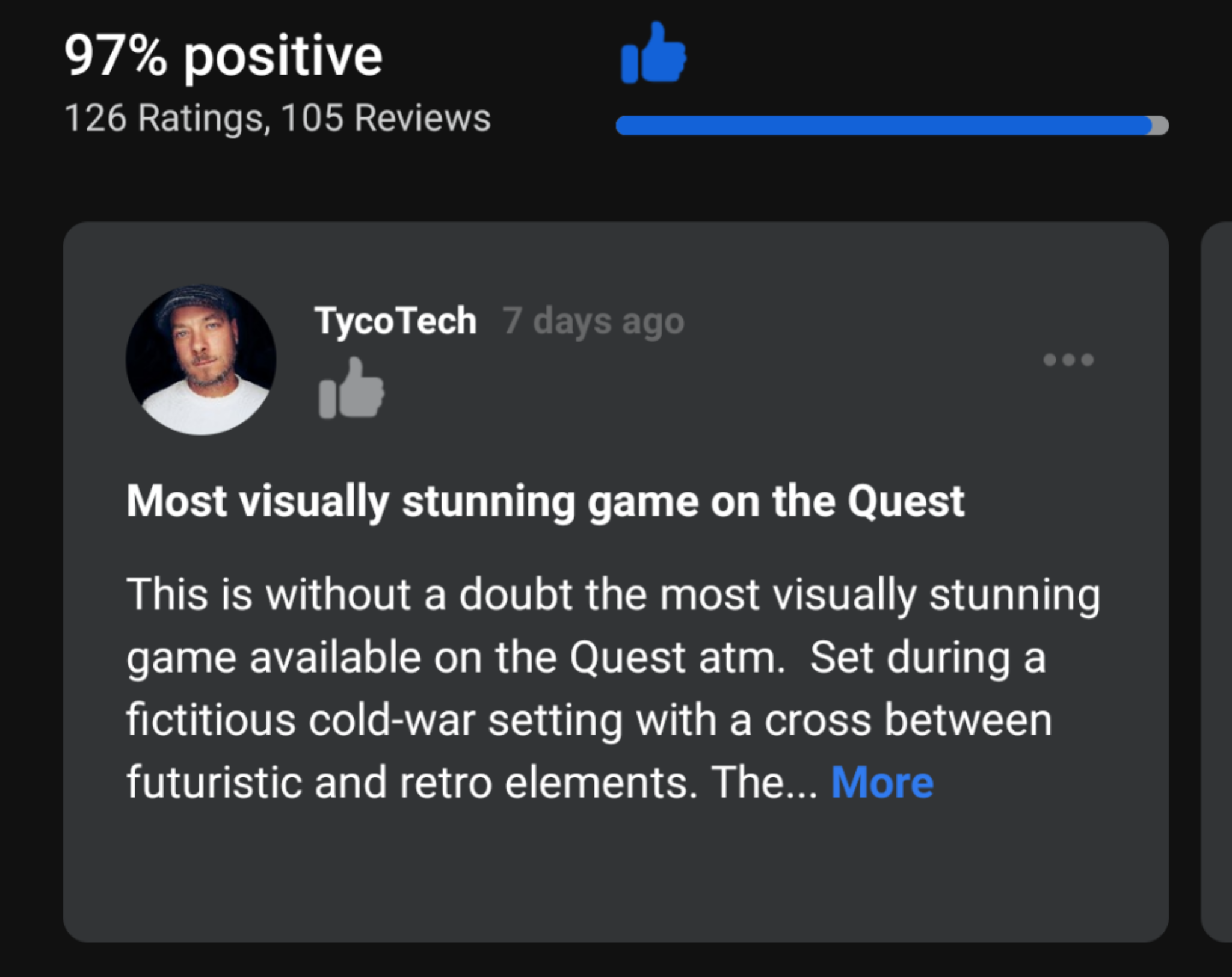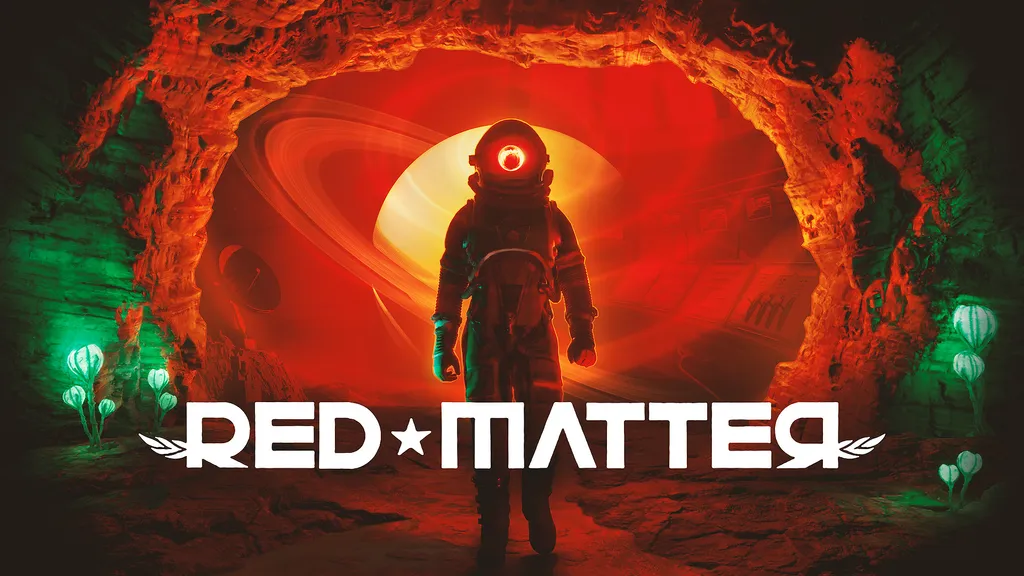Sales of Red Matter on Oculus Quest have already surpassed the game’s lifetime sales on Rift, according to the developer Vertical Robot.
The Rift version of the game launched 15 months ago. It currently has 172 ratings on the Rift store, averaging 4.4 stars.

The Quest version is now at the #1 spot on the Top Selling list with 231 ratings or reviews, averaging 4.9 stars.

The game is also available on Steam for Rift, HTC Vive, Valve Index, and Windows MR headsets. It has 95 written reviews, only 1 of which is negative. Vertical Robot hasn’t said anything publicly about sales on this platform.
Red Matter is a sci-fi puzzle game set in an alternative reality Cold War. As an astronaut of the Atlantic Union, you’re sent to an abandoned base on one of Saturn’s moons in search of a secret research project.
We’ve always praised the game’s compelling immersion and narrative. When we reviewed the game on Oculus Quest, however, we were particullarly impressed with the game’s visuals, which are practically unparralleled on Quest. It looks like the extra work the studio put in really paid off.
A Quest Success Story, But Why?
Red Matter doesn’t support cross-buy. That means you need to purchase it separately on Rift and Quest. This decision was made because it allowed for pricing flexibility across platforms.
While the lack of cross-buy could be thought to be related to this sales milestone, we doubt enough people own multiple $400 VR headsets to truly make this a factor. Rather, the game’s high sales may be due to its quickly gained reputation as having the highest fidelity graphics of any Quest title. The top trusted review of the game on the Quest store, titled ‘Most visually stunning game on the Quest’, has currently been rated as ‘Helpful’ 110 times.
Vertical Robot wrote custom shaders instead of using the standard Unreal Engine shaders. This allowed for advanced lighting effects not seen in any other Quest title so far.
The milestone is also likely related to low barier to entry of the Oculus Quest as a product. While Quest is the same price as Rift S, the latter requires a gaming PC which typically cost on the order of $1000. As a standalone headset, Quest can be used by anyone with a smartphone to set it up.
Other developers have reported similar sales trends, with Superhot VR selling “300% higher” on Quest than when it first launched on Rift.


























